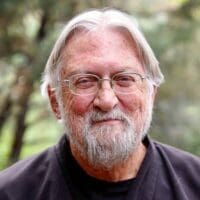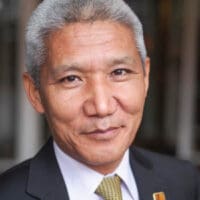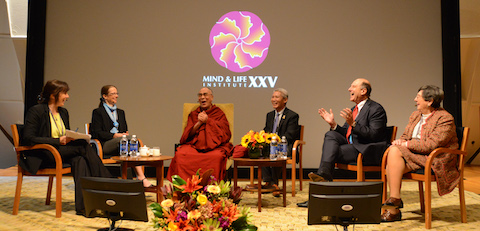Filmed during Mind & Life Institute’s “Mind and Life XXV: Contemplative Practice and Health: Laboratory Findings and Real World Challenges” on October 20, 2012.
Session Two – Laboratory Research
From Life to Lab: Early Adversity, Brain Circuitry, and the Emergence of Well-Being
SPEAKER: Richard J. Davidson
Newborns enter the world enveloped in profoundly varied environments. The first few years of life constitute a particularly sensitive period during which adversity and advantage shape the developing brain and body, with potentially long lasting residue. This talk will begin with a vignette about two individual neonates who are part of a longitudinal study in which we are engaged. These neonates came into the world in very different circumstances and the social environment in their first year of life serves to illustrate the range of early life circumstances that can profoundly shape the developing brain and body. These circumstances will be described and their effects on early stress hormones and later brain function and structure when these individuals emergence into adolescence will be explained. The findings strongly support the view that early life adversity is a more powerful driver of later brain and social development than challenges that emerge in adolescence. The fact of neuroplasticity invites the consideration that we might use behavioral and mental training procedures to impact and in certain cases, reverse the effects of early adversity, particularly when these interventions are deployed early in life. Illustrations from both contemplative and Western methods to foster greater emotional balance and to promote well-being will be featured and the impact of these early interventions on brain function and structure and on peripheral biology will be described. Collectively, these findings underscore the powerful role that early experience has on shaping the brain and body and highlight the role that behavioral and mental training might have in the promotion of well-being and suggest that emotion regulation, well-being and flourishing are best regarded as the product of skills that can be enhanced through training.
MODERATOR: Al Kaszniak
INTERPRETER: Thupten Jinpa
PANELISTS:
His Holiness the 14th Dalai Lama
Clifford Saron
Bruce S. McEwen
Matthieu Ricard
Participants

Richard J. Davidson, PhD
William James and Vilas Research Professor of Psychology and Psychiatry and Founder & Director of the Center for Healthy Minds, University of Wisconsin-Madison. Founder and Chief Visionary for Healthy Minds Innovations, Inc.




